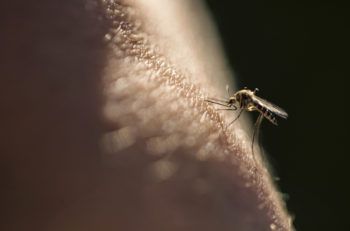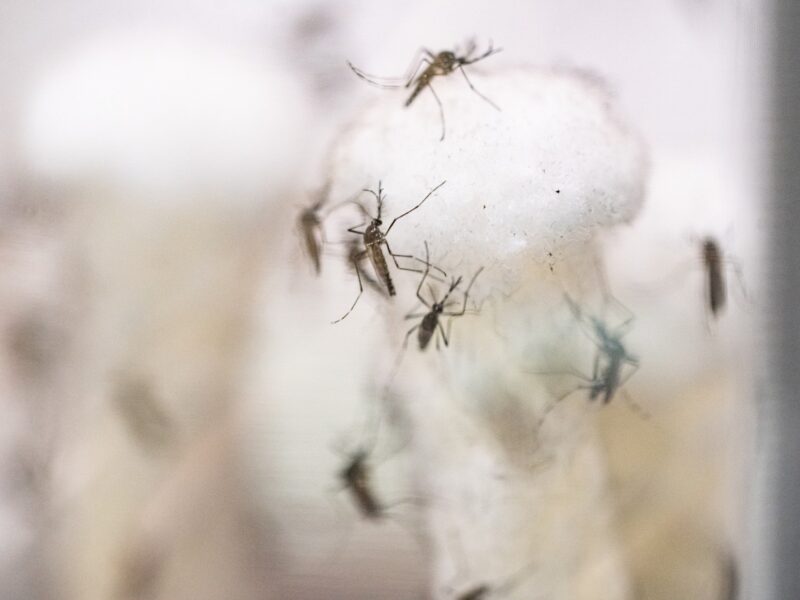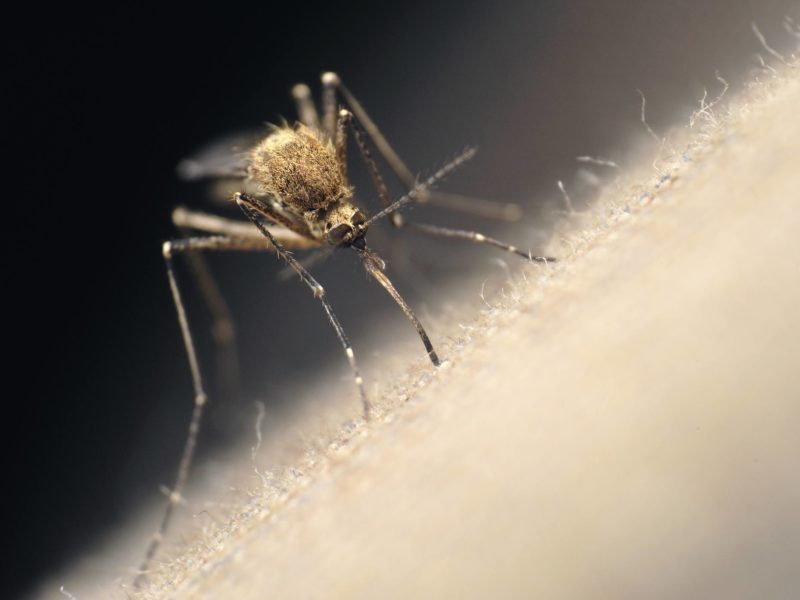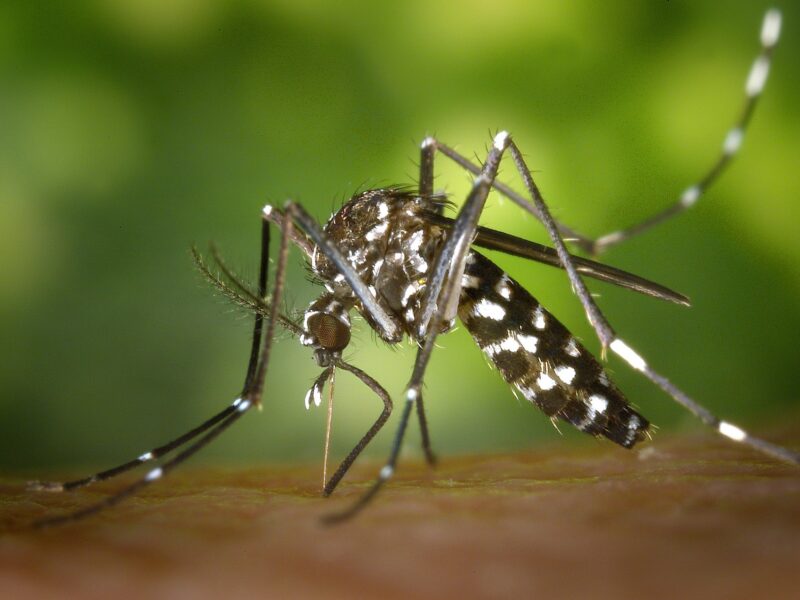What Is West Nile Virus?

Recent rainfall has led to a mosquito population increase across all regions of Texas. Texas A&M AgriLife Extension Service experts advise individuals and pet and animal owners to be mindful of West Nile virus, a mosquito-borne virus that is prevalent in the U.S., and its effects.
The substantial amount of rainfall across Texas has heightened concern over growing mosquito populations. Emergency management meetings are being held to discuss recent flooding and standing water. The risk of mosquito-borne diseases like malaria and West Nile virus has increased.
Dr. J.D. Ragland, AgriLife Extension agriculture and natural resources agent in Randall County, said it was announced during one of those recent meetings that West Nile virus testing confirmed positive results in Randall County.
Protecting Yourself And Your Animals
Ragland advised individuals to be vigilant of their surroundings to reduce the risk of transmission.
“Standing water in nearby lakes, trenches or even household items like flowerpots and wheelbarrows should be removed,” Ragland said.
He also advised that backyard pools, if not in use, should be drained for the most precaution.
“People with household pets should monitor their movements, and try to limit them to indoor places,” Ragland said.
People should also be aware of their whereabouts and of clothing, he said.
“It is important to wear long sleeve clothing and long pants,” Ragland said. “Most important is the constant application and reapplication of mosquito repellant with ingredients like DEET, oil of lemon eucalyptus and picaridin, as they are EPA-registered. Mosquitoes actively feed at dusk and dawn, so remain indoors during those times as much as possible.”
Medical Preventions
There are annual vaccinations for animals that counteract West Nile virus. According to the Timber Creek Veterinary Hospital, most veterinarian hospitals offer core vaccines administered to all pets that work against tetanus, rabies, encephalomyelitis and West Nile virus.
It is recommended for already vaccinated horses to be vaccinated in the spring, or a suitable time before the mosquito season. “If a horse has not been previously vaccinated, the initial dose should be administered as soon as possible.” Ragland said.
If you believe you or your horse have been infected, watch for the following symptoms:
Symptoms in horses:
- High fever
- Incoordination; stumbling, staggering and/or sluggish
- Inability to stand
- Off feed, no desire to eat
- Acute death
Symptoms in people:
According to the Centers for Disease Control and Prevention, the majority of people infected do not develop any visible symptoms. Of the few people who do, they can expect to see:
- High fever
- Headache
- Neck stiffness
- Disorientation
- Muscle weakness
- In extreme cases, convulsions, numbness, paralysis and coma
The Centers for Disease Control and Prevention has additional guidelines for West Nile virus safety precautions.
Health officials throughout Texas are continuing testing. The Texas Department of State Health Services, DSHS, has reported the recent Texas counties with West Nile activity that can be found here: DSHS West Nile graph.
For more information on West Nile Virus in animals, visit the Texas A&M Veterinary Medical Diagnostic Laboratory at https://tvmdl.tamu.edu/.
*Reporting for this story was provided by Fatyma Lawal, part of the Science Influencers program in the Department of Agricultural Leadership, Education and Communications.
This article by Blair Fannin originally appeared on AgriLife Today.





